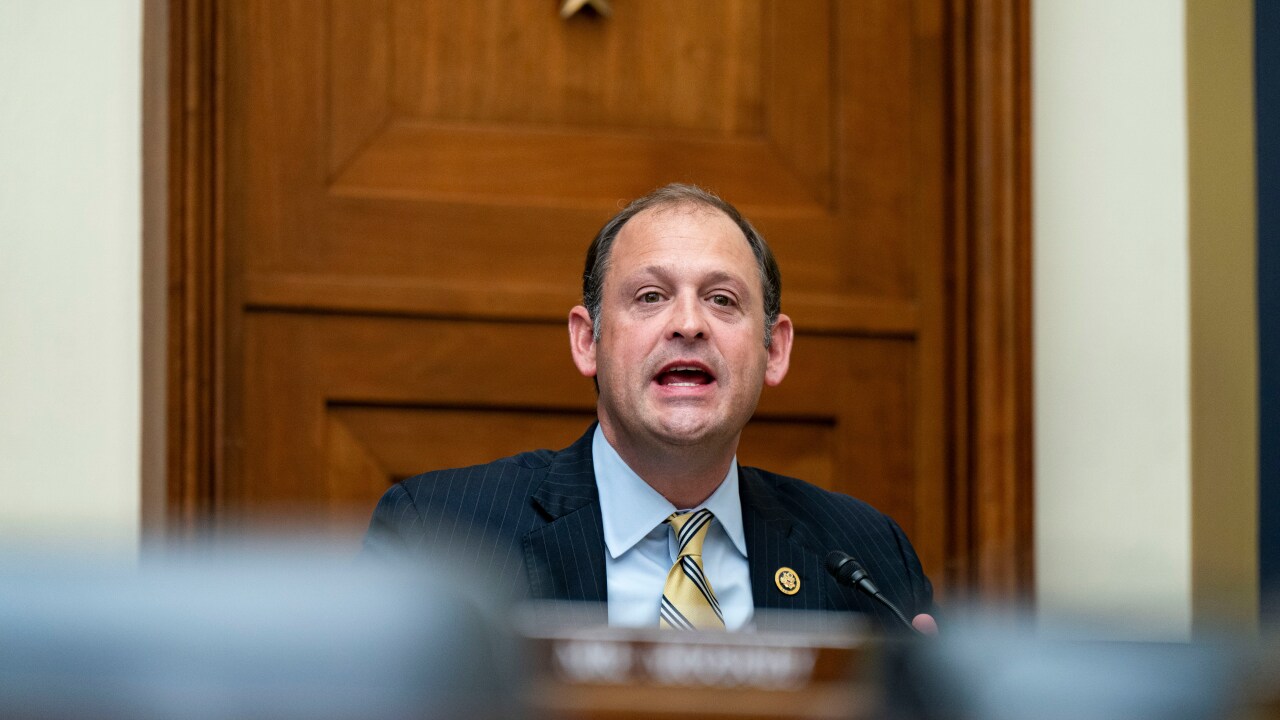
WASHINGTON -- Muni market advocates who want Congress to restore advance refundings won’t try to pursue their goal as part of a package of tax extenders and technical corrections under consideration during the current lame duck session.
The three-week session of Congress that convened this week may include passage of a tax bill released Monday night by Rep. Kevin Brady, R-Texas, the outgoing chairman of the House Ways and Means Committee.
Brady’s
It also has several tax breaks for victims of recent natural disasters.
Although the Republican tax bill could pass the House later this week, it will need the support of Senate Democrats to get the supermajority of 60 votes needed for passage in the upper chamber.
Senate Democrats were caught off guard when the bill was released.

Rachel McCleery, spokeswoman for Oregon Senator and top Democrat on the Senate Finance Committee Ron Wyden,
“There was no communication from his staff, including a heads up that something was coming,” McCleery wrote. “That is not how you negotiate.”
Senate Democrats could bargain for additions as the price of their support or could choose to block the bill until Democrats take control of the House in the next Congress which convenes on Jan. 3.
“Using the media as a middleman to distribute tax proposals did not garner Republicans any bipartisan support for their 2017 tax bill, and it won’t garner any bipartisanship now,” Wyden told reporters midday Tuesday.
Muni market advocates don’t think the narrow window afforded by the lame duck will provide them the room they need for advocacy to press for restoration of advance refundings or other priorities, such as the expansion of the uses for private activity bonds.
Bond Dealers of America CEO Michael Nicholas said in a statement Tuesday that “the realities of politics and the short duration of the [lame duck] session of Congress has the BDA looking to 2019 for concrete action.”
“The BDA stands ready to work with Congress on infrastructure, including reinstatement of municipal advance refunding, the expansion of PABs, inclusion of bank-qualified bonds and the continued protection of tax-exempt municipal bonds.”
Howard Gleckman, a senior fellow in the Urban-Brookings Tax Policy Center, was doubtful Congress will enact any tax legislation before the end of the year.
“It is hard for me to see any of this getting out of the Senate in a lame duck session,” Gleckman said Tuesday. “They could tack a few of the now-expired extenders on to whatever budget bill they finally agree on, but anything that is at all controversial, such as advance refundings, will have a hard time making it.”





